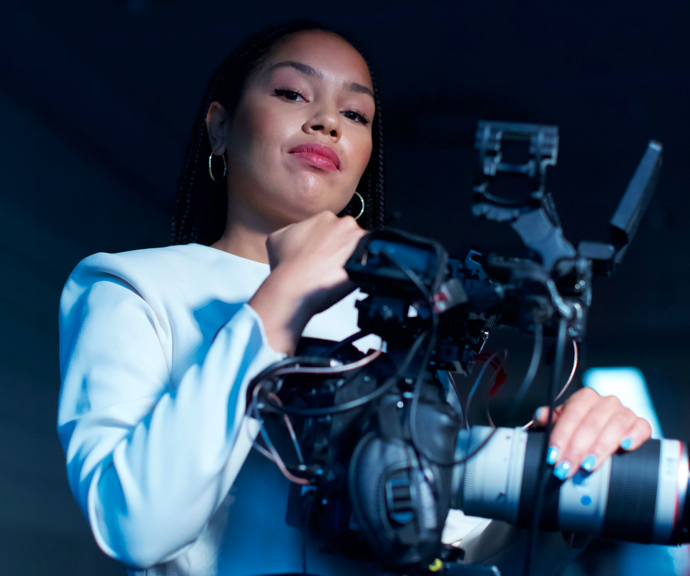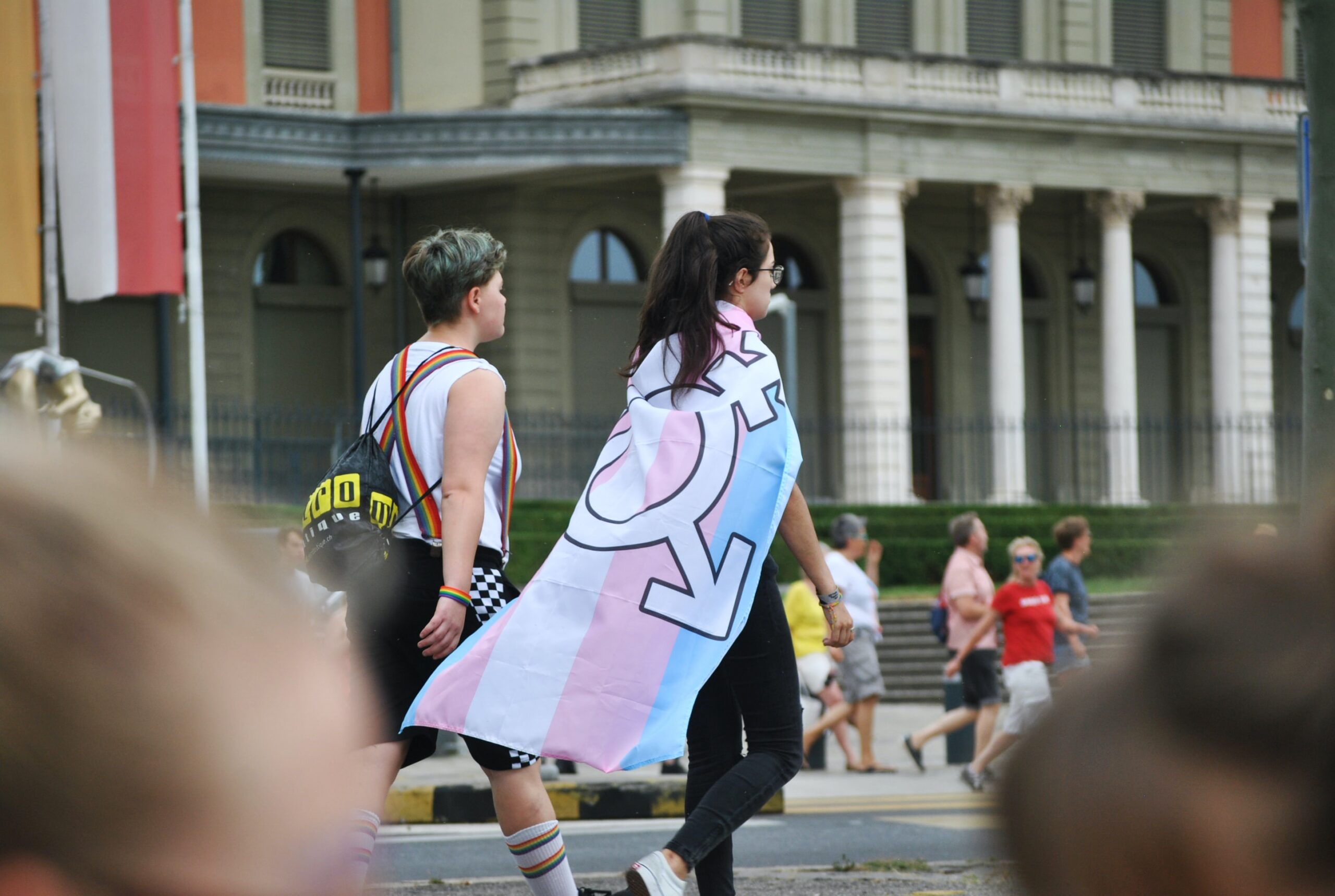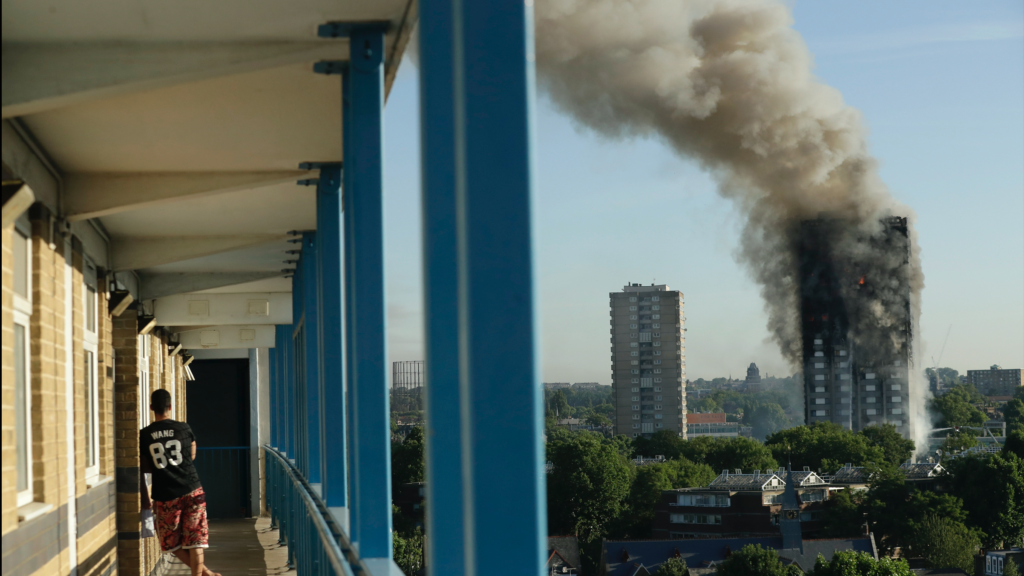A recent report has laid bare the escalation of gender-based violence faced by female journalists over the past decade, both online and in the real world.
Newspaper licensing in the age of social media: Q&A
Becca Challis interviews Andrew Hughes, secretary general of the Press Database and Licensing Network (PDLN) and founding member of the Newspaper Licensing Agency (NLA).
A year of investigations and online trolling: An interview with the BBC’s Rianna Croxford
Rianna Croxford is good at firsts. The first in her family to attend university, the first Journalism Diversity Fund Financial Times intern and now, at 26, the BBC’s youngest ever network news correspondent.
“If you lose hope, there is no meaning to life”: Hayat Mirshad on fighting gender inequality in Lebanon
Elizabeth Gregory meets Hayat Mirshad, the activist and journalist fighting for a better future in a country struggling to survive.
Gotcha! Seven TV moments when journalists called out their interviewees
Who doesn’t love a good ‘gotcha’ question? Sophie Laughton shares the top moments when journalists called out their interviewees.
A toolkit for journalists writing about trans activism
As our newsrooms continue to broaden and diversify, it’s important to ensure journalists stay as informed as they can be. Over the past few years, trans people have experienced a historic groundswell in media visibility: from celebrities like Caitlyn Jenner, Laverne Cox and Elliot Page on glossy magazine covers, to TV shows like Transparent and Pose.
Tackling COVID-19 vaccine myths: Q&A with Laura Garcia
The COVID-19 vaccination programme is a light at the end of the tunnel for those whose lives have ground to a halt due to the pandemic. But the success of that programme is being impeded by myths being spread online. XCityPlus spoke to Laura Garcia about how misinformation and disinformation is spread and the causes behind vaccine hesitancy.
Journalism for the greater good: Q&A with journalists about how to run a successful media campaign
In recent times, it feels like journalism has taken a beating. With allegations of fake news and misinformation constantly swirling around the journalistic landscape (often aided by the toxic environment of social media), it’s sometimes easy to forget what sits at the heart of journalism: reporting in the public interest.
Inside the Financial Times’ Wirecard investigation
A poster looms on the wall behind Paul Murphy. A man is pictured in two side-by-side images, bearded in one, clean-shaven in the other and smirking in both. “Fraud in the billions”, the headline exclaims. And below, in smaller print: “Can you provide any information on Jan MARSALEK’s whereabouts?”
Who to follow for refugee coverage on social media
There are 79.5 million people around the world who have been forced to flee their homes because of conflict, violence or persecution. Every four seconds, one more person becomes displaced. That’s 23,800 every day. While media coverage of the crisis reached its peak in 2015, refugees and displaced people face continued suffering.
A journalist’s guide on how to report a protest
Aisha Rimi speaks to four journalists who covered major protests in 2020 about what every reporter needs in their protest toolkit.
Documenting the Trump presidency: An interview with The Guardian’s David Smith
It is November 2016, and David Smith is at the New York Hilton hotel for Donald Trump’s election night party. Trademark scarlet caps are displayed in glass cases, like holy relics promising to make America great again.
The evening begins quietly, with few expecting a Trump win. But as the results roll in on giant television screens, excitement bubbles through the gathering crowds.



















